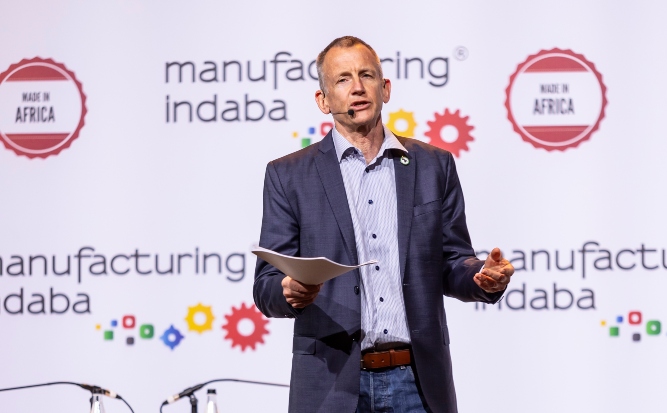Africa is on the verge of becoming the next global manufacturing powerhouse, but one major obstacle stands in the way – access to finance. This pressing issue will take center stage at the upcoming Manufacturing Indaba, where policymakers, financiers, and industry experts will come together under the theme “Financing African Manufacturing Growth”.
The African Development Bank (AfDB) estimates that the continent’s manufacturing sector requires over US$50 billion in new investment annually to achieve its industrialization goals. However, there is a significant financing gap of at least US$20-25 billion per year. This gap is particularly challenging for small and medium-sized enterprises (SMEs), which make up over 90% of all businesses and 80% of manufacturing jobs in Africa but receive less than 20% of available commercial financing.
Liz Hart, Managing Director of the Manufacturing Indaba, emphasizes the crucial role of finance in driving industrialization. She states, “Africa’s manufacturers need more than just ambition – they need access to capital, innovative financing models, and a supportive policy environment.”
Key focus areas at the event will include exploring innovative SME financing models, showcasing successful public-private partnerships (PPPs), and discussing incentives and policy reforms. These strategies aim to create investment-friendly environments that de-risk industrial investment and support the growth of manufacturing in Africa.
With the African Continental Free Trade Area (AfCFTA) set to unlock a potential US$3.4 trillion market, the need for financing scalable manufacturing operations is more urgent than ever. This investment is crucial for building local production capacity, increasing exports, and generating millions of new jobs across the continent.
The Manufacturing Indaba will bring together a diverse range of stakeholders, including banks, development finance institutions (DFIs), investment firms, ministries, industrialists, and manufacturing leaders. This high-level session will provide a platform for collaboration and knowledge-sharing to drive the transformation of African manufacturing.
In conclusion, the future of manufacturing in Africa hinges on innovative financing solutions, public-private partnerships, and supportive policy frameworks. By addressing the financing gap and creating a conducive environment for investment, the continent can unlock its full manufacturing potential and drive sustainable economic growth.








